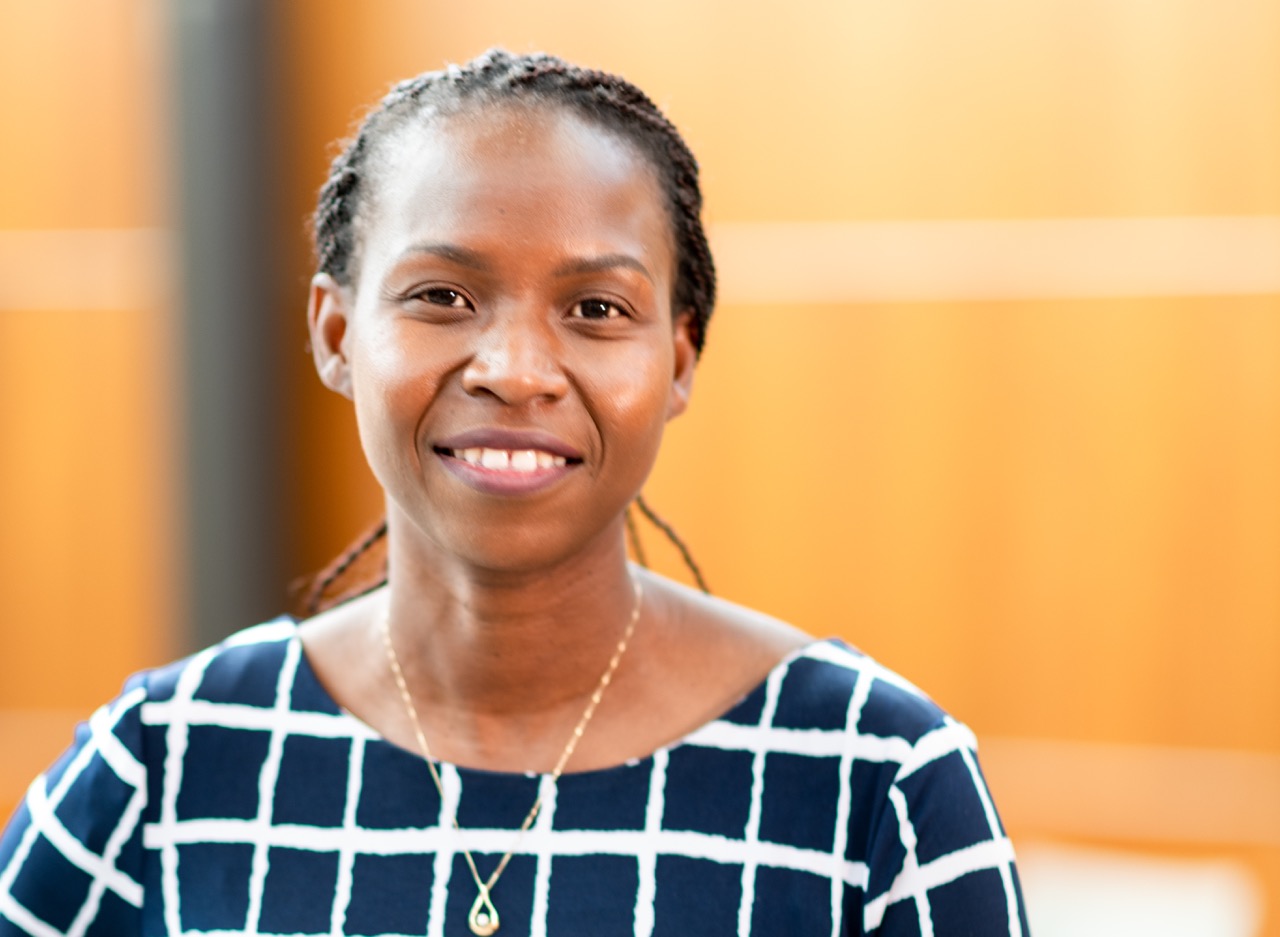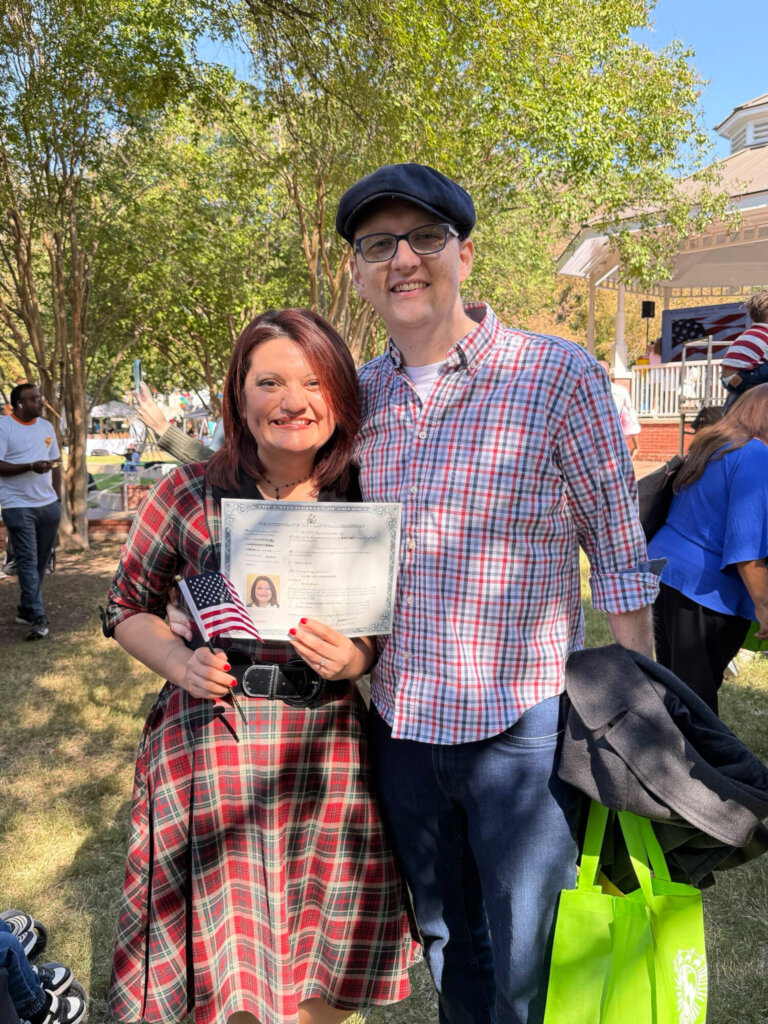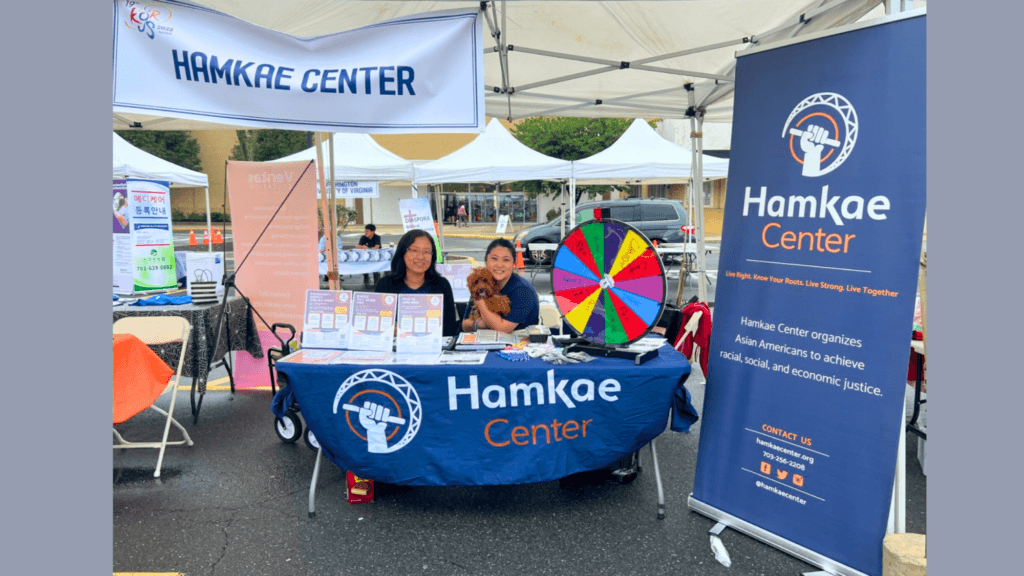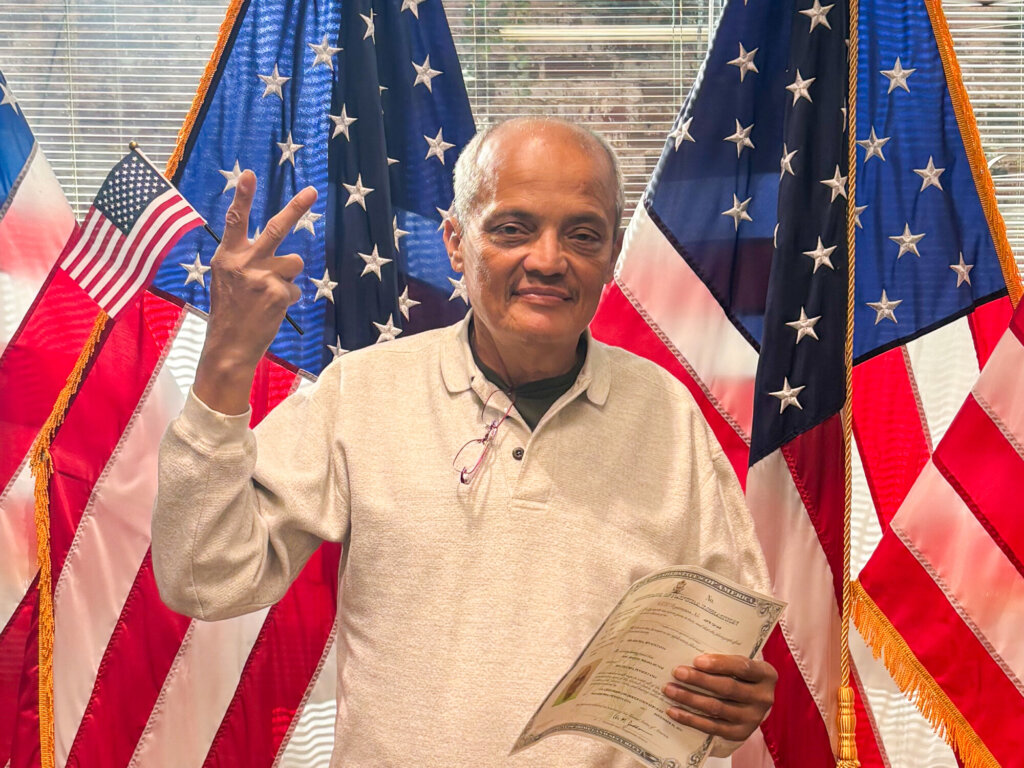Fikile Ryder: “I Fell in Love with the Goal of Keeping Families Together”

Explore more
(Photo by Shelly Erceg)
My name is Fikile
Ryder, I was born in Bulawayo, Zimbabwe. I first came to the United States in August
of 2003. I came with a temporary work visa because I got offered a job to work in
Virginia with a child who had autism. I didn’t have permanent status, so when
my visa ended I had to go back home and renew my visa when my contract was renewed.
By 2009, I wanted to do something new. I met a guy that year, but we had not yet made long-term plans.
So when my contract ended, I went home. Surprisingly, my boyfriend started
calling me to say, “Hey, I want to come visit you in Zimbabwe. I want to meet
your family.” I thought, nobody from America was coming to Zimbabwe to meet my
family. A short time passed, and then I heard from him, “Tickets bought, I’m
coming!”
(Photo courtesy Fikile Ryder)
So he came and he
asked me to marry him. The culture is so different. He
is white, American, Irish, from Maine. The first thing we did was go to
the village to do what is called “Lobola,” the traditional thing, like a dowry,
where the guy tells the family he wants to marry their daughter and then they
tell him, we need this much cattle. We also did our court ceremony because the
marriage license is needed for immigration. When my husband returned to
Colorado, he went to Catholic Charities of Pueblo and asked them to help him
file my papers, which they did. I came back in 2011 with my green card.
(Photo courtesy Fikile Ryder)
I
moved permanently to the United States because I fell in love and I got married
to a U.S. citizen. The United States has given me a lot of opportunities that I
could not have if I had stayed in Zimbabwe. My family could not afford to send
me to a college—that only happened for those families who had money. So I
enrolled myself in online classes, and I studied for my bachelor’s degree in
legal studies. I wanted to get more legal experience and thought, maybe I can
volunteer with the immigration organization that did my case. When I started
volunteering with Catholic Charities of Pueblo, I fell in love with the
immigration process and the goal of keeping families together. I was hired as
an assistant, and I was promoted to be an immigration coordinator in 2015. I
became fully accredited by the Department of Justice in 2018. In my family, I’m
the only person who has gone through college and I now hold a master’s degree
in criminal justice.
(Photo courtesy Fikile Ryder)
When I took the oath
of citizenship, I can say it was one of the happiest days of my life—knowing
that now I belong. With the green card you don’t feel that way. You feel that
you are just a resident who is allowed to live and work here. The most
important thing that pushed me to become a citizen was that I have two boys who
were born here, a 4-year-old and 6-year-old. As a U.S. citizen I am now permanent
in the United States. It is unlike having a green card, which can be taken away
from me, and I could be sent back to Zimbabwe, separated from my family. The
other thing is we love to travel as a family. Coming home, they would separate
us: holding my Zimbabwean passport, I would have to go to the left and my
family, holding U.S. passports, would go to the right. Now that I have my U.S.
citizen, I go to the right with my family.
Fikile Ryder serves as a DOJ accredited immigration counselor for the Catholic Charities of the Diocese of Pueblo, Colorado.



